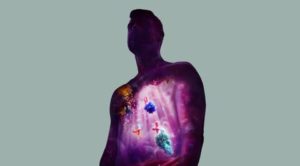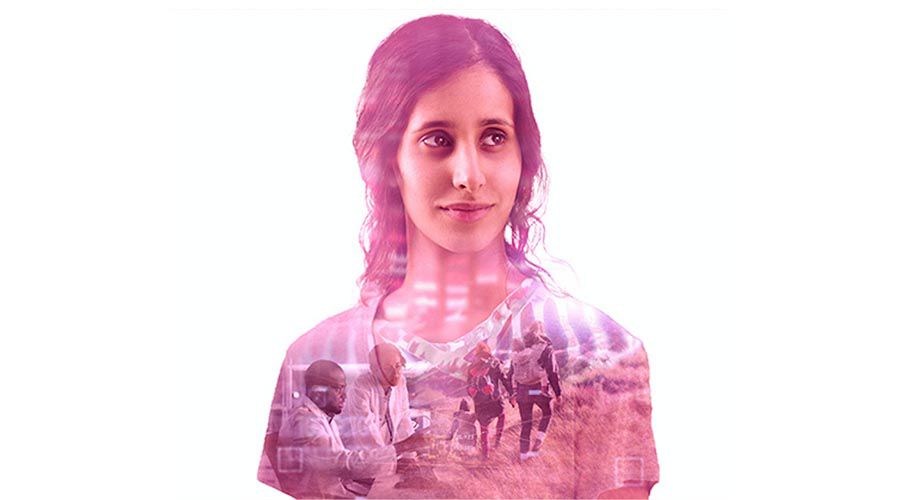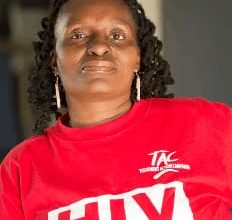By Staff Reporter
In a significant step forward for paediatric rare disease care, AstraZeneca has officially launched its Rare Disease Portfolio in South Africa, bringing innovative treatments for complex conditions such as neurofibromatosis type 1 (NF1), paroxysmal nocturnal hemoglobinuria (PNH), atypical haemolytic uraemic syndrome (aHUS), and myasthenia gravis to name a few. This milestone underscores AstraZeneca’s commitment to expanding access to innovative therapies and addressing the major unmet needs within the rare disease community, particularly for children.
Around the world, more than 400 million people are affected by over 10,000 known rare diseases, yet the vast majority of these conditions have no approved treatments. For many rare disease patients and their families, this often results in years of uncertainty, misdiagnosis, and limited or difficult treatment options. AstraZeneca is dedicated to transforming this landscape by introducing advanced therapies, supporting earlier and more accurate diagnoses, and fostering multidisciplinary collaboration.
“AstraZeneca’s entry into the rare disease space in South Africa is both a proud and hopeful moment for us,” said Deepak Arora, African Cluster Country President at AstraZeneca. “Building on decades of pioneering rare disease science, we are committed to expanding access to transformational medicines for conditions such as NF1, PNH. This marks a significant milestone in our mission to improve the lives of patients living with rare diseases, especially children who have had very few options until now.”
The launch event was hosted at the Nelson Mandela Children’s Hospital, a leading institution for paediatric care in Africa and a symbol of innovation and equity in health. The event included a panel discussion with experts from fields such as neuro-oncology, neurology, plastic surgery, and genetics. Panelists highlighted the vital need for coordinated, specialist-driven care and robust collaboration across public and private sectors to ensure that patients receive integrated support at every stage of their journey.

Dr Nkuli Boikhutso, CEO of Nelson Mandela Children’s Hospital, stated: “We are honored to be the site of this important milestone. AstraZeneca’s commitment to introducing new treatments for rare diseases offers hope for our young patients and aligns with our vision to provide world- class, specialized care for all children, regardless of their background.”
AstraZeneca’s rare disease strategy in Africa is anchored in three key priorities: accelerating access to vital medicines, driving innovation through research and development, and expanding its global reach to make meaningful change. Through a patient-centric approach and strategic
partnerships, the company is investing in science and technology designed to overcome the unique challenges of rare disease diagnosis and treatment.
With the launch of its Rare Disease Portfolio in South Africa, AstraZeneca reaffirms its long-term commitment to improving outcomes for rare disease patients and supporting the strengthening of healthcare systems across the continent.
AstraZeneca – African Cluster
AstraZeneca (LSE/STO/Nasdaq: AZN) is a global, science-led biopharmaceutical company that focuses on the discovery, development, and commercialisation of prescription medicines in Oncology, Rare Diseases, and BioPharmaceuticals, including Cardiovascular, Renal & Metabolism, and Respiratory & Immunology. Based in Cambridge, UK, AstraZeneca operates in over 100 countries, and its innovative medicines are used by millions of patients worldwide.
azafrica@newmark-imc.com
References
Rare disease facts [Internet]. 2024 [cited 2024 Jan 17]. Available from: https://globalgenes.org/rare-disease-facts/
Fermaglich LJ, Miller KL. A comprehensive study of the rare diseases and conditions targeted by orphan drug designations and approvals over the Forty Years of the Orphan Drug Act. Orphanet Journal of Rare Diseases. 2023 Jun 23;18(1). doi:10.1186/s13023- 023-02790-7
About [Internet]. U.S. Department of Health and Human Services; [cited 2024 Jan 17]. Available from: https://rarediseases.info.nih.gov/about
Barriers to Rare Disease Diagnosis, Care and Treatment in the U.S.: A 30 Year Comparative Analysis. National Organization for Rare Disorders; 2020 Nov [cited 2023 Feb 8]. Available from:https://rarediseases.org/wp-content/uploads/2020/11/NRD-2088- Barriers-30-Yr-Survey-Report_FNL-2.pdf





